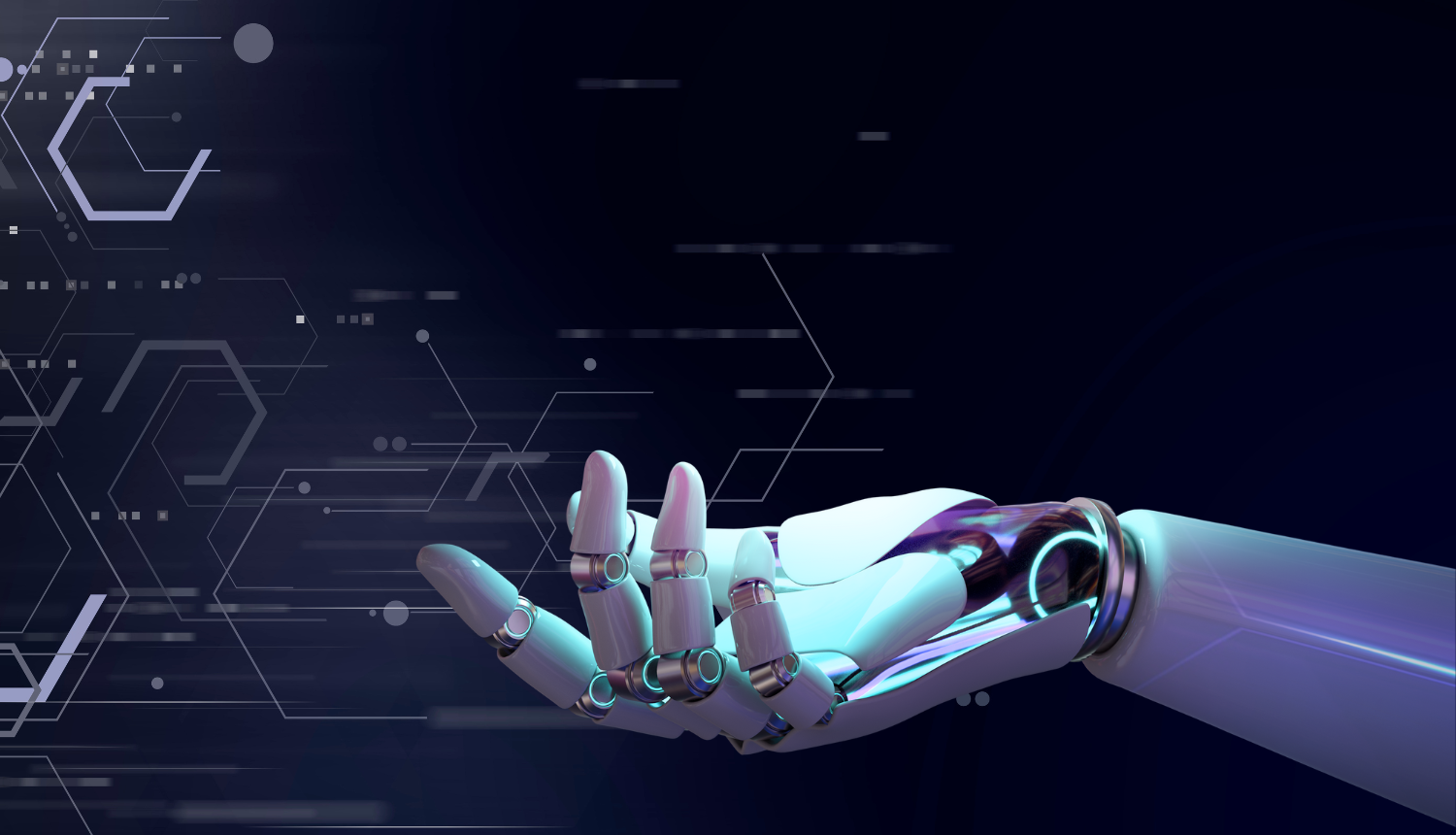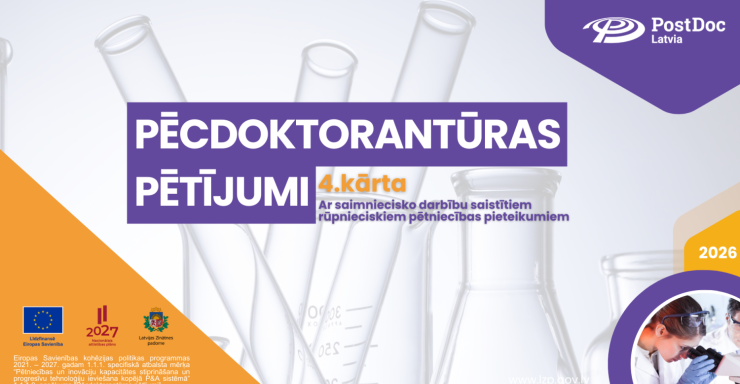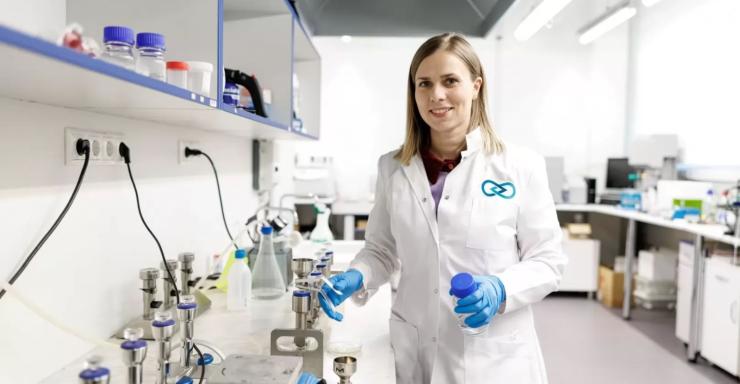With the rapid development of artificial intelligence (AI) technologies, there is a growing need to ensure its thoughtful and legally secure implementation in public administration.
Jaroslavs Streļčenoks, a researcher at the Faculty of Law of Turība University, in his doctoral dissertation “Legal Regulation Issues of Artificial Intelligence in Addressing Conflicts of Interest in the Public Sector” identifies one of the most significant governance challenges of our time – how AI can be used to reduce corruption risks and conflicts of interest in public institutions.
The study reveals that the use of AI in Latvia’s public sector is currently fragmented and lacks a unified legal framework. In contrast, international experience shows that such technologies can serve as effective tools for monitoring officials’ activities, preventing conflicts of interest, and strengthening public trust in state institutions.
The author emphasises that without clear regulation, the use of AI may pose significant risks, including potential human rights violations and a lack of transparency in decision-making. Therefore, the study proposes a national legal framework for the implementation of AI in the field of anti-corruption, aiming to balance the interests of society, public officials, and the state.
The potential of AI in public administration becomes particularly important in circumstances where public trust in political institutions is declining. Streļčenoks' research reveals that citizens would be more willing to trust a system in which AI ensures objective and fact-based assessments of the actions of public officials. However, this is only possible if appropriate normative mechanisms are developed to regulate the operation, responsibility, and control principles of AI.
The dissertation also includes a survey involving more than 300 employees from state and municipal institutions across all regions of Latvia. The results show that the majority of respondents recognise the potential of AI in combating corruption, but stress the need for a clear and comprehensible legal framework.
The practical significance of this research is especially relevant at a time when AI solutions are already entering state institutions. The concept and proposals developed by Streļčenoks may serve as a foundation for lawmakers and the executive branch to establish a modern and secure model for using AI in public administration, particularly in the prevention of conflicts of interest.
The study confirms that AI is not merely a technological tool – it can be part of a long-term solution to strengthen transparency in governance and public trust in state institutions. That is why it is crucial to begin creating a clear, balanced, and publicly understandable legal framework for the application of artificial intelligence today.
The doctoral dissertation was developed between 2019 and 2024 at the Faculty of Law of Turība University, under the supervision of Dr. iur., Professor Raimundas Kalesnykas.


